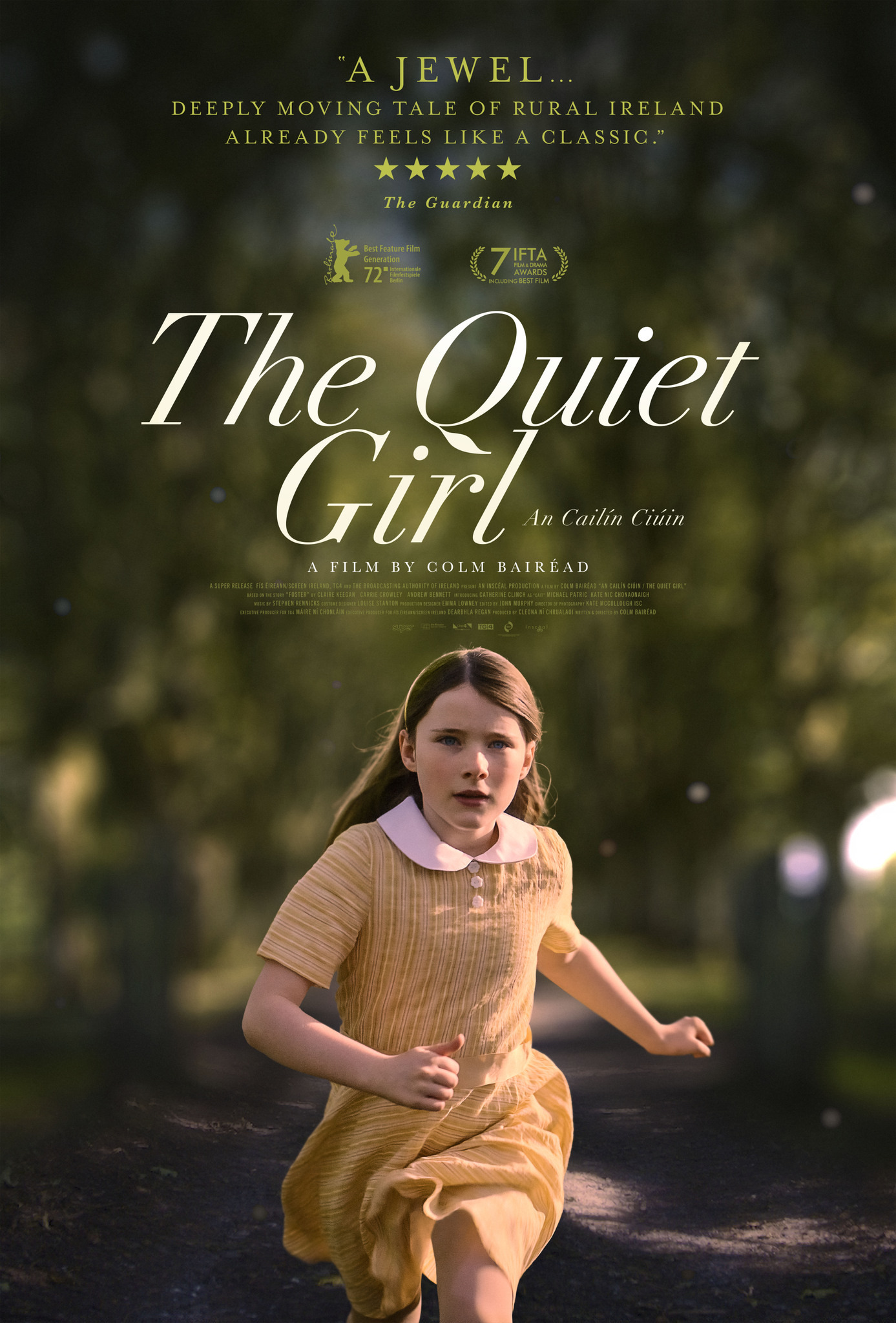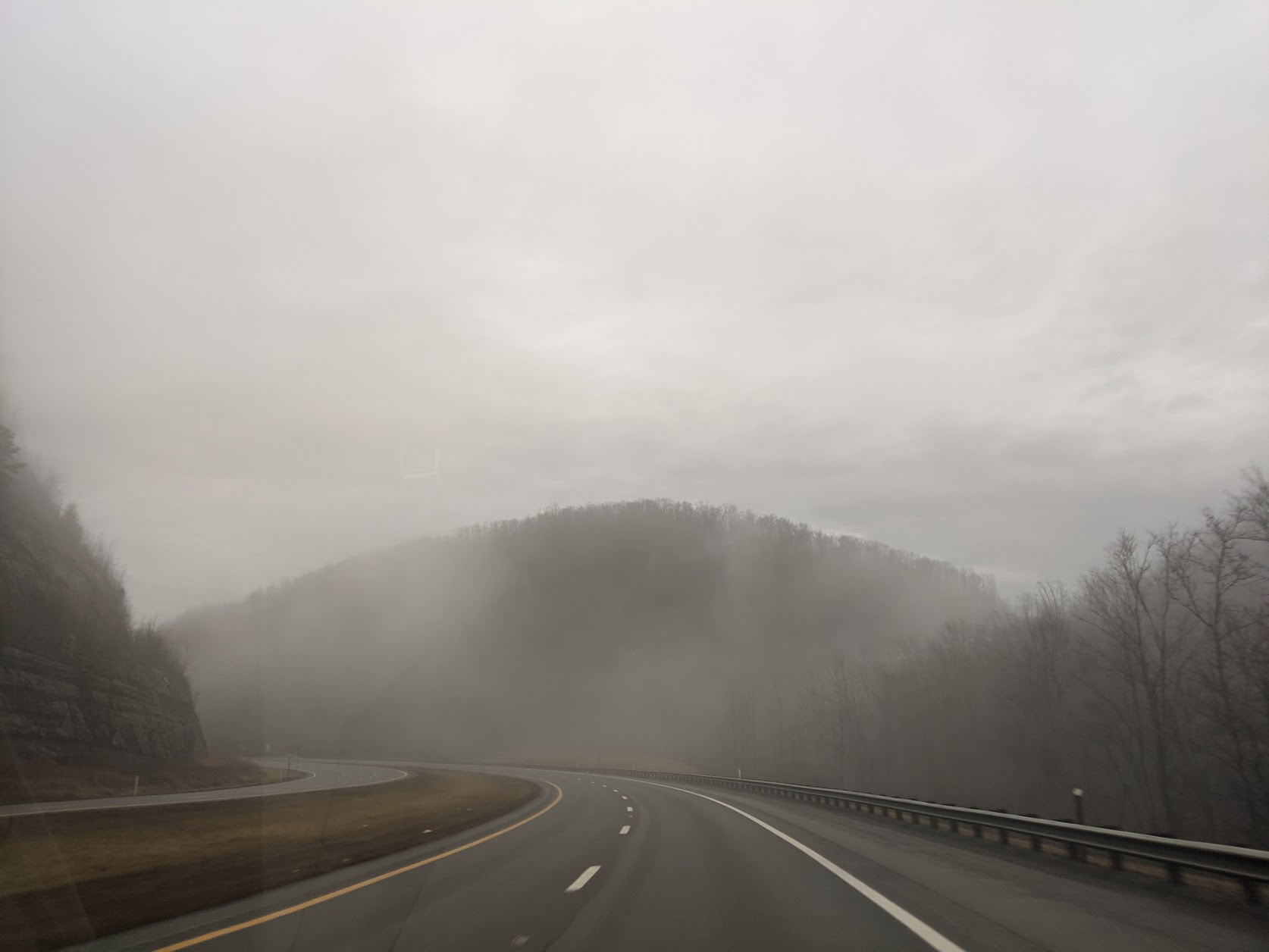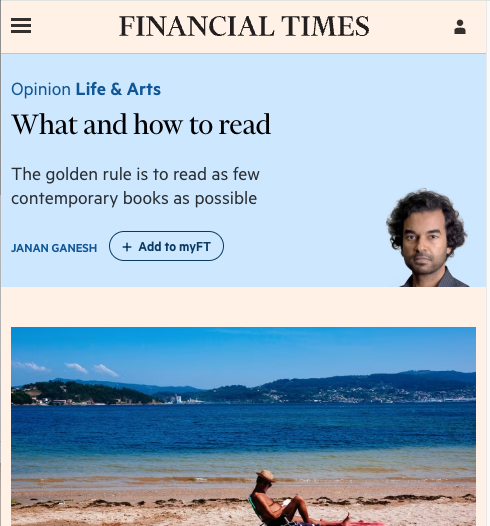A scientist with poor vision describes how his superpower helps him in developing AI’s ability to see things. In Quanta Magazine (via Aeon):
I understood early on about the importance of prior data when looking at the world. I couldn’t see very well myself, but my memory of prior experiences filled in the holes enough that I could function basically as good as a normal person. Most people don’t know that I don’t see well. That gave me — I think — this unique intuition that it might be less about the pixels and more about the memory.
Computers only see what’s there now, whereas we see the moment connected to the tapestry of everything we’ve seen before.
It’s a refreshing change from the AI hype/doom/skeptic content that seems to be everywhere right now. He talks about it in the written interview that accompanies the video:
A lot of researchers that I have great respect for have been warning about artificial intelligence. I don’t want to minimize those words. A lot of those are valid points. But one needs to put things in perspective.
Right now, the biggest danger to civilization comes not from computers but from humans. Nuclear Armageddon and climate change are much more pressing worries. The Russian Federation has attacked its completely innocent neighbor. I was born in Russia, and it’s particularly horrifying that my former countrymen could be doing this. I’m doing all I can to make sure this remains topic number one.
This is the first time I’ve come across Quanta Magazine. Into the RSS machine it goes!






